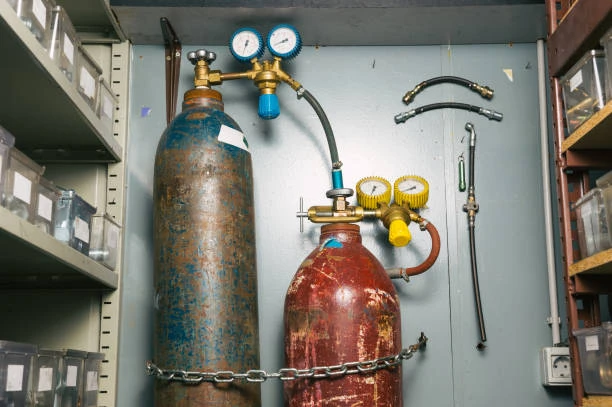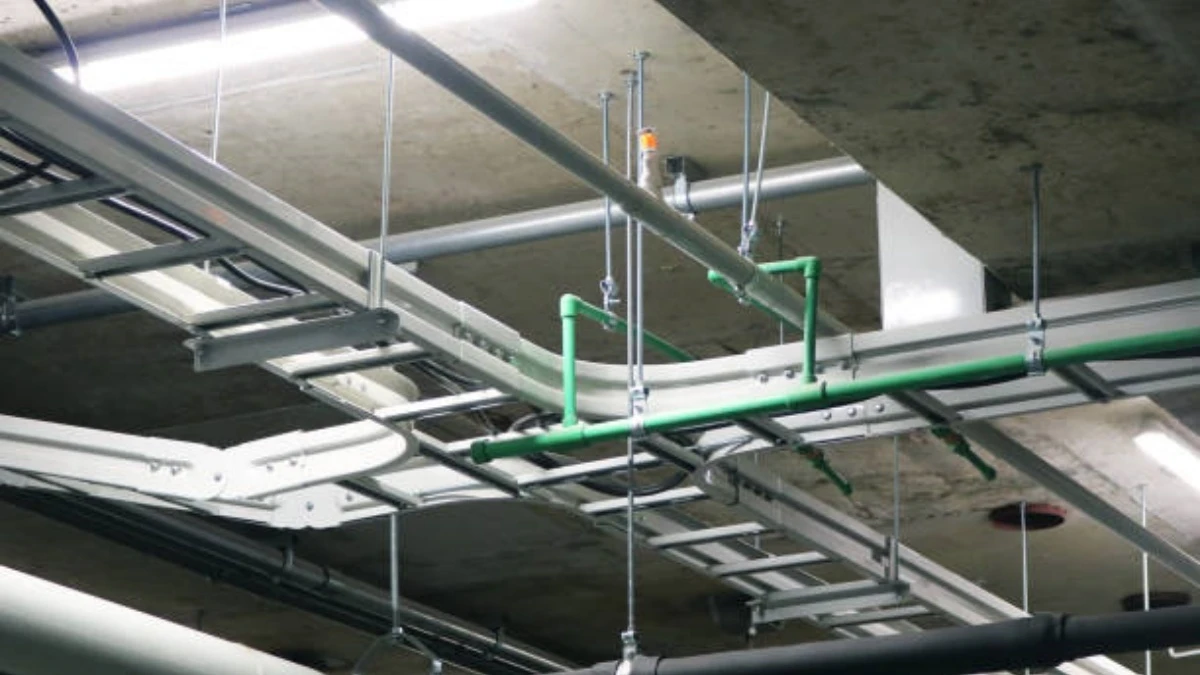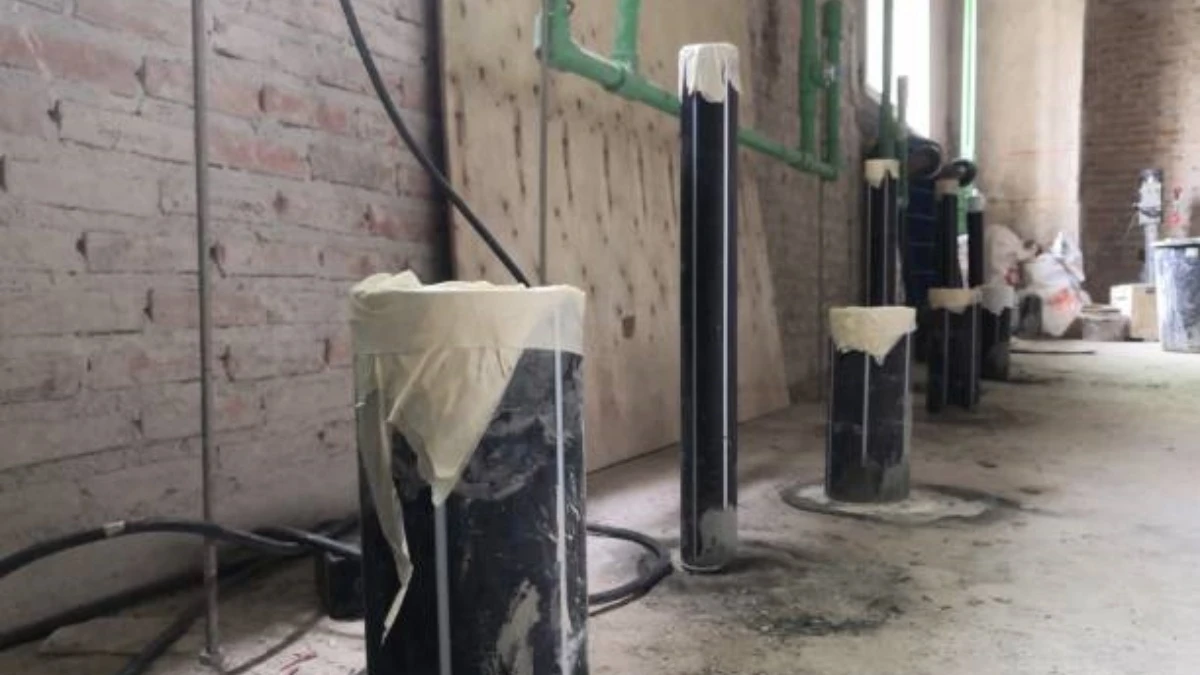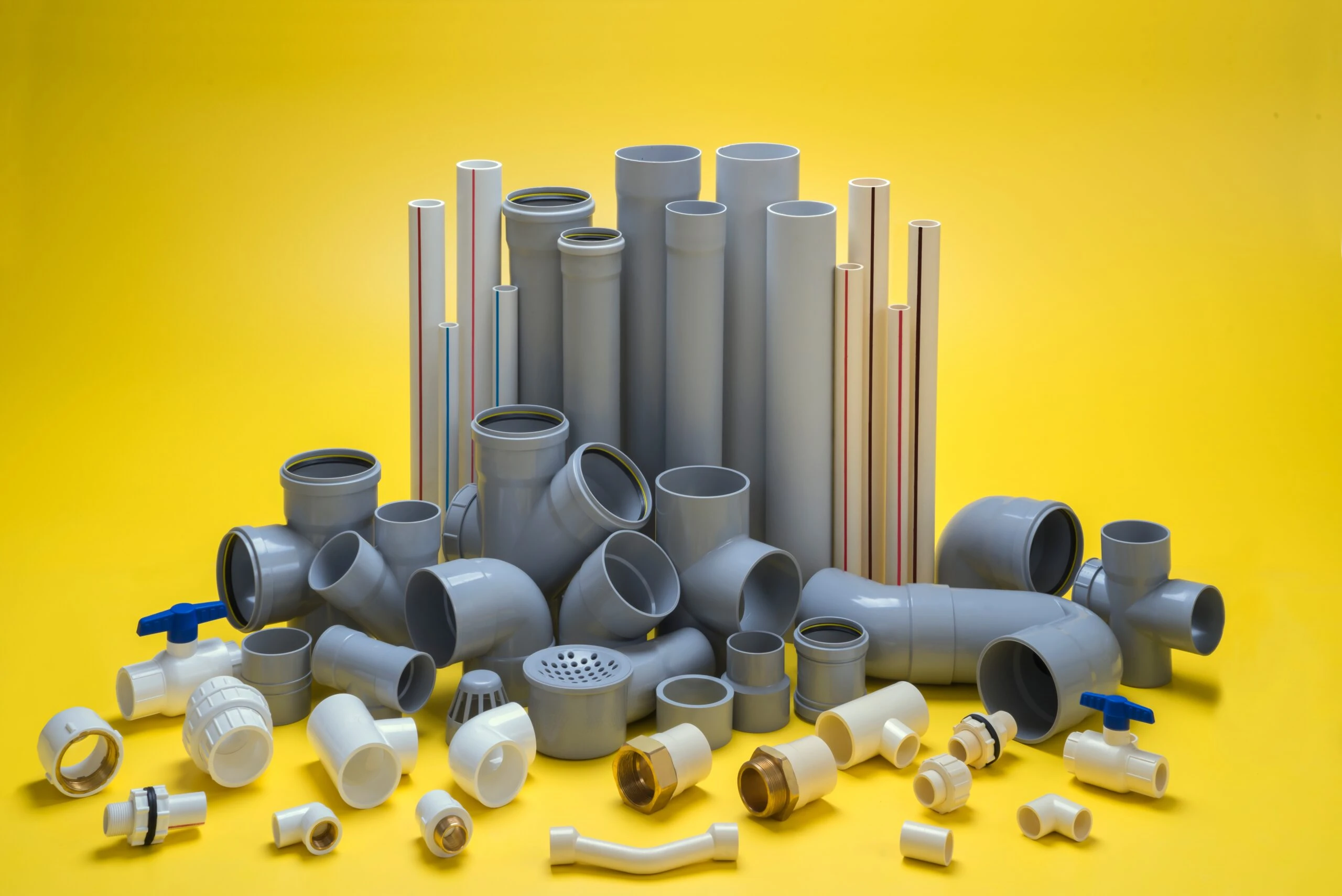As the world moves towards sustainable energy solutions, hydrogen fuel technology is gaining prominence, especially in the automotive sector. One critical component in this evolution is hydrogen valves, which ensure the safe and efficient refueling of hydrogen-powered vehicles. Recently, Poppe + Potthoff has announced the successful completion of extensive testing for their hydrogen valve, marking a significant advancement in the field of hydrogen refueling technology. In this article, we will explore the importance of hydrogen valve, the rigorous testing processes they undergo, and the implications of Poppe + Potthoff’s latest achievement for the industry.
Understanding Hydrogen Valves
Hydrogen valve are essential components in hydrogen fuel systems, controlling the flow of hydrogen gas during storage and refueling. Their reliability and safety are paramount, given the unique properties of hydrogen, which is highly flammable and requires specific handling protocols.
Types of Hydrogen Valves
- Shut-off Valves: These valves are designed to stop the flow of hydrogen when not in use, preventing leaks and ensuring safety.
- Pressure Relief Valves: These valves are crucial for managing pressure within hydrogen storage tanks, releasing gas if pressure exceeds safe limits.
- Refueling Valves: Specifically designed for the refueling process, these valve connect the refueling nozzle to the vehicle’s storage tank.
- Check Valves: These prevent backflow in the system, ensuring that hydrogen flows in one direction only.

The Importance of Hydrogen Valves
Hydrogen valve play a vital role in several areas:
- Safety: The primary function of hydrogen valve is to ensure safe handling and storage of hydrogen, mitigating risks associated with leaks or pressure buildup.
- Efficiency: Properly functioning hydrogen valves optimize the refueling process, allowing for quick and effective transfer of hydrogen from storage to the vehicle.
- Regulatory Compliance: Many jurisdictions require stringent testing and certification of hydrogen handling equipment, making reliable valves essential for compliance.
The Testing Process for Hydrogen Valve
Given the potential hazards associated with hydrogen, rigorous testing protocols are essential for ensuring the safety and functionality of hydrogen valve. The testing process typically includes:
1. Leak Testing
Leak testing is critical for hydrogen valves. This involves pressurizing the valve and checking for any gas escape. Advanced techniques such as helium leak detection may be employed to ensure the highest level of safety.
2. Pressure Testing
Hydrogen valve must withstand high pressures without failing. Pressure testing involves subjecting the valve to conditions that exceed normal operating pressures to assess its integrity.
3. Temperature Cycling
Hydrogen valve are often exposed to extreme temperature variations. Temperature cycling tests assess the valve’s performance and reliability under both high and low-temperature conditions.
4. Endurance Testing
Endurance testing evaluates how well the valve performs over time. This includes repeated opening and closing cycles to simulate real-world usage.
5. Material Testing
The materials used in hydrogen valve must resist corrosion and degradation due to hydrogen exposure. Material testing ensures that all components can withstand the chemical properties of hydrogen.
Poppe + Potthoff’s Achievement
Poppe + Potthoff has been at the forefront of developing innovative solutions for fluid control in various industries. Their recent success in completing testing for hydrogen valves underscores their commitment to safety and performance in the hydrogen sector.
Key Features of Poppe + Potthoff’s Hydrogen Valve
- Robust Design: Designed to withstand high pressures and temperatures, ensuring reliability in various conditions.
- Advanced Materials: The valves are constructed from materials specifically chosen for their resistance to hydrogen embrittlement and corrosion.
- Precision Engineering: Each valve is manufactured to exacting standards, ensuring consistent performance and safety.
- User-Friendly Design: The valves are designed for easy integration into existing refueling systems, minimizing installation challenges.
Implications for the Industry
The successful testing of Poppe + Potthoff’s hydrogen valve has significant implications for the hydrogen fuel industry. As the demand for hydrogen fuel continues to grow, reliable and safe refueling technology is essential.
1. Enhanced Safety Standards
Poppe + Potthoff’s rigorous testing protocols set a new benchmark for safety in hydrogen refueling. This achievement may inspire other manufacturers to enhance their testing processes, ultimately improving overall industry standards.
2. Increased Adoption of Hydrogen Fuel
With the assurance of safety and reliability, the adoption of hydrogen-powered vehicles may accelerate. This could lead to a broader infrastructure for hydrogen refueling, making hydrogen a more viable alternative to traditional fuels.
3. Regulatory Compliance
As regulations surrounding hydrogen safety evolve, the comprehensive testing completed by Poppe + Potthoff ensures that their valves meet or exceed current standards. This proactive approach may provide a competitive edge in the market.
4. Innovation in Hydrogen Technology
This achievement could drive further innovation in hydrogen technology, encouraging research and development in related areas, such as storage solutions and refueling infrastructure.
Conclusion
The successful completion of testing for hydrogen valves by Poppe + Potthoff marks a significant milestone in the hydrogen fuel industry. As we move towards a more sustainable future, the reliability and safety of hydrogen refueling systems will be paramount. Poppe + Potthoff’s commitment to rigorous testing and high-quality engineering ensures that their hydrogen valves will play a vital role in advancing hydrogen technology. As the industry continues to evolve, the implications of this achievement will resonate across various sectors, paving the way for a cleaner, hydrogen-powered future.
FAQs
- What are hydrogen valves used for?
Hydrogen valves control the flow of hydrogen gas in fuel systems, ensuring safe and efficient storage and refueling. - Why is testing important for hydrogen valve?
Testing is crucial to ensure the safety, reliability, and compliance of hydrogen valves under various conditions, minimizing risks. - What types of tests do hydrogen valves undergo?
Hydrogen valve undergo leak testing, pressure testing, temperature cycling, endurance testing, and material testing. - What are the safety features of Poppe + Potthoff’s hydrogen valve?
Their valves feature robust designs, advanced materials resistant to hydrogen embrittlement, and precision engineering for reliable performance. - How does this achievement impact the hydrogen fuel industry?
It enhances safety standards, encourages the adoption of hydrogen fuel, ensures regulatory compliance, and fosters innovation in hydrogen technology.

















